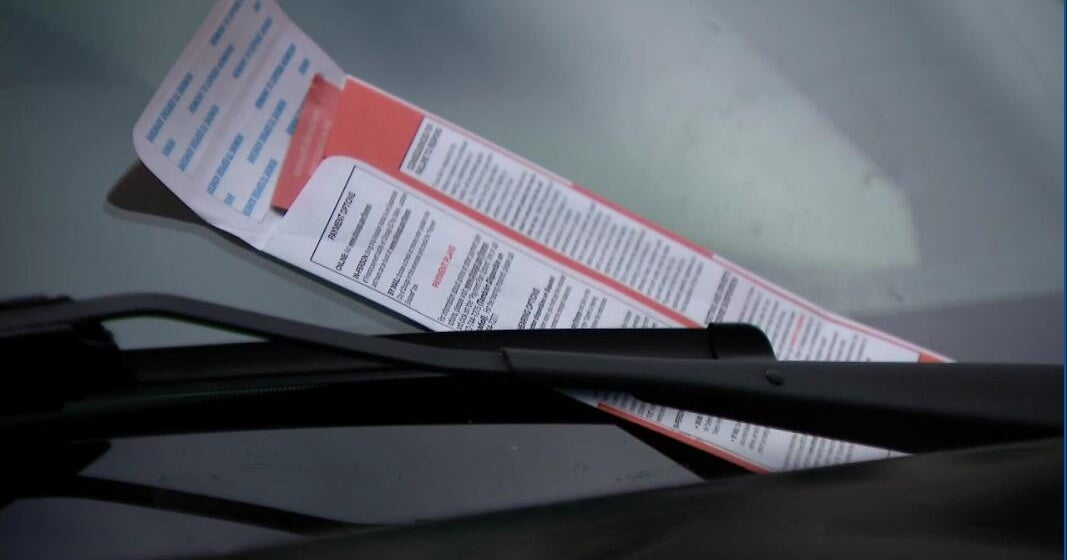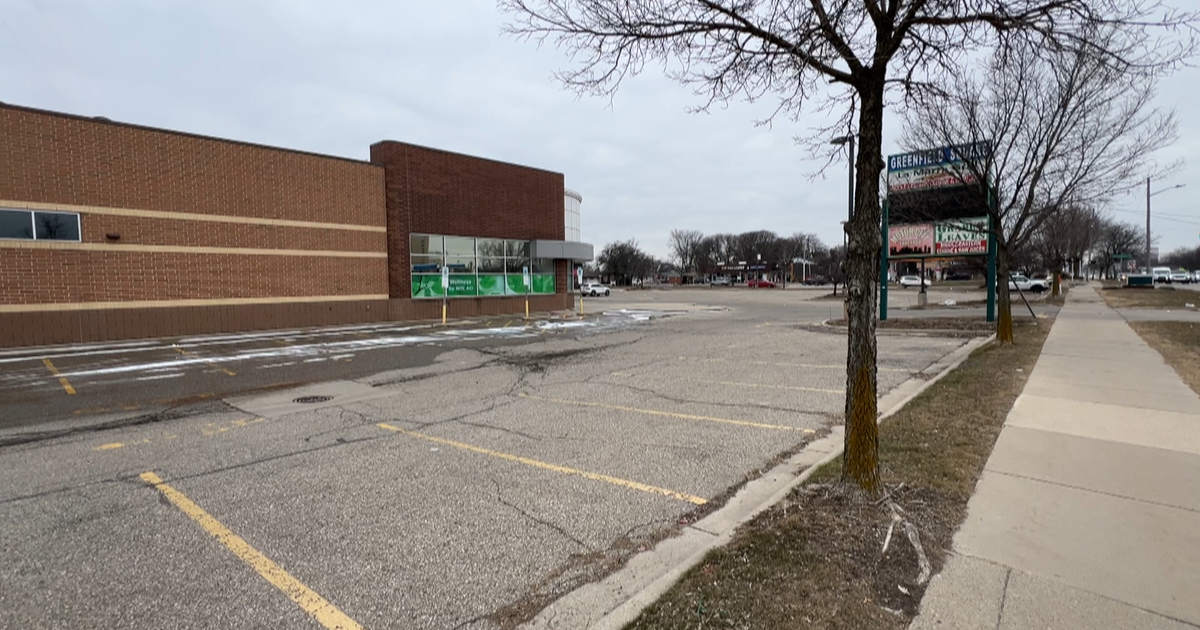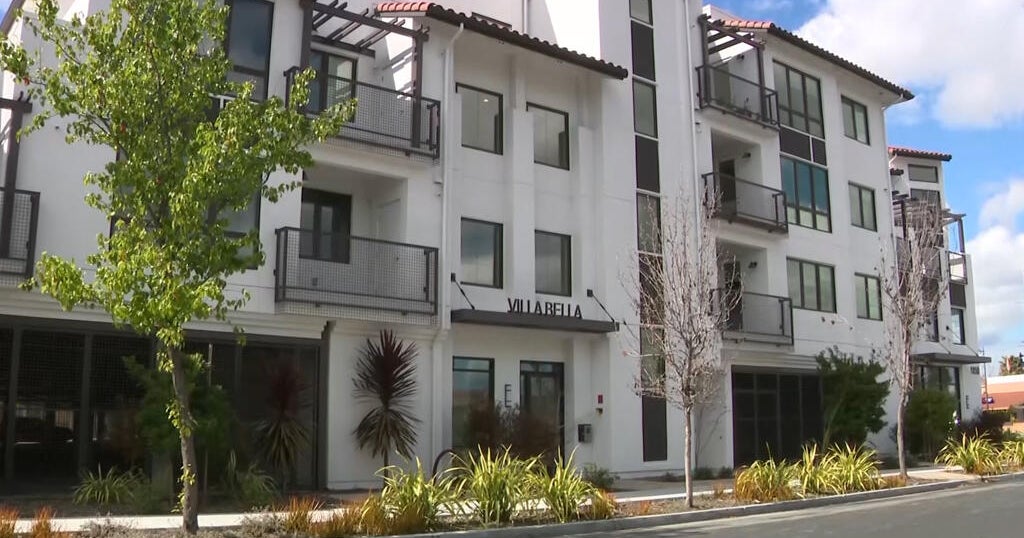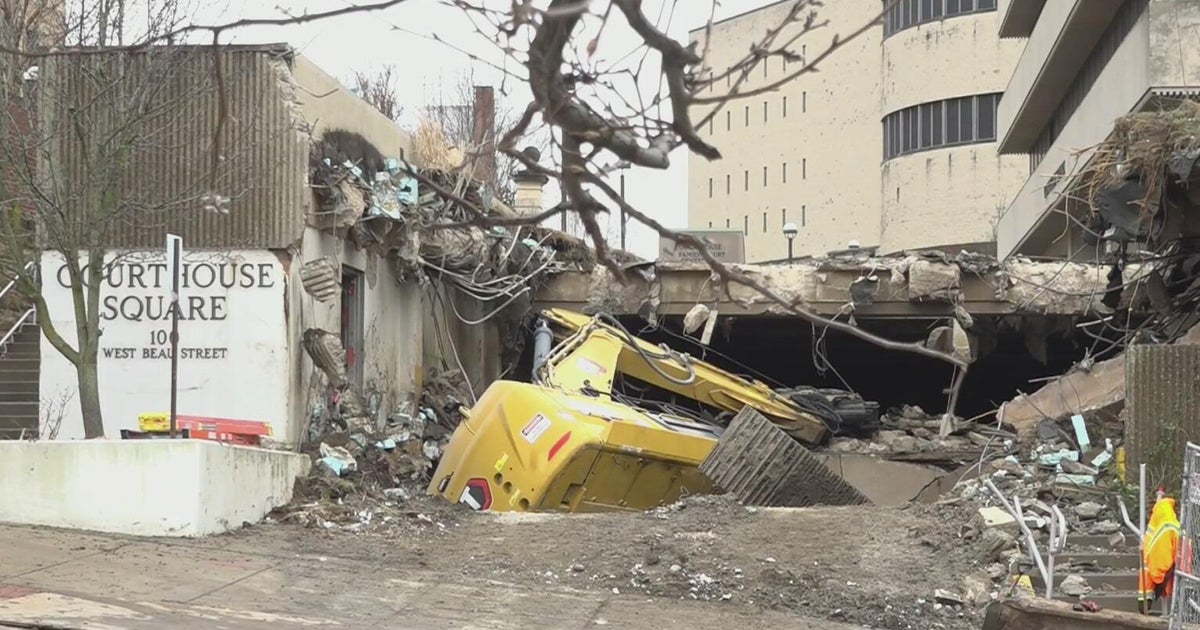Santa Cruz County Hears Public Concerns On Cannabis Regulations
SANTA CRUZ (CBS SF) -- The Santa Cruz County Board of Supervisors held a special session meeting Monday morning to listen to staff recommendations and public comment on proposed marijuana cultivation and manufacturing regulations.
The county's Planning Commission presented 18 recommendations to the supervisors, including topics like 200-foot restrictions from residential properties, levels of discretionary review and zoning restrictions, among others.
These suggestions were heard Monday before the board is scheduled to vote on April 24 on the revisions to prior draft versions of related county codes and amendments to cannabis licensing and land use regulations.
The county's cannabis licensing manager Robin Bolster-Grant said the county has had two major problems when it comes to passing ordinances in relation to marijuana cultivation and manufacturing: residential neighbor objections and the odor that comes with growing cannabis.
Bolster-Grant said residents' opposition to cultivation production sites in neighboring areas has largely eliminated the option of new developments in those areas.
Odor will remain as an issue that plagues the county, Bolster-Grant said, because while indoor growers have a number of effective methods to limit the drug's smell, a previous suggestion of written consent from neighbors would not be enough for those who grow marijuana outdoors.
He said county staff did research on other counties in the state and their regulations and observed that some outdoor cannabis growers also planted "odor buffers" such as lavender. This cued bouts of laughter from the audience.
The county's recommendations would mean that sites who had a slough of complaints from neighbors about odor would either not be subject to annual license renewal or could be subject to further restrictions on their site.
Staff is preparing an enforcement plan and anticipates funding will be "significantly more sustainable" for prohibitions against illegal cannabis activities.
One of the recommendations from county staff was to delete a provision that removes the county's duty to enforce the ordinance because "a local jurisdiction has no affirmative legal duty to enforce its ordinances,"
according to the Planning Commission's letter.
The commission said the section was being removed because although it provided "clarity and transparency to the public," it caused concern about the county's intentions.
However, community and environmental advocacy groups are wary about what they said may be a lack of direction with the enforcement plan and the fact the county does not feel they have to regulate the ordinance.
A letter to the board from the law firm Wittwer Parkin LLP, which represents the Coalition For Environmental Santa Cruz, outlined this concern.
"The county cannot, in one breath, create an ordinance requiring enforcement and then abdicate its duty to enforce this ordinance," Wittwer Parkin LLP said in the document. "This violates basic principles of California municipal law and signals to the public that the county does not take cannabis regulation seriously."
Lumber industry representatives from companies such as Big Creek Lumber came and spoke about their concern over protecting timber parcel lands because they are some of the most difficult areas to enforce as well as one of the areas that environmental harm is easiest done.
Supervisor Greg Caput echoed that sentiment, saying that damage done or complete elimination of the county's redwood trees would create a huge amount of stress.
A general desire for protecting the county's identity as an agricultural powerhouse was felt throughout the public comment portion of the meeting.
Environmental advocacy group Green Trade Santa Cruz's Jim Coffis said he does not want what happened in Santa Clara County to happen in Santa Cruz County, as Santa Clara County used to be lined with agricultural property, but now "the county's best crop is a condominium."
© Copyright 2018 CBS Broadcasting Inc. and Bay City News Service. All Rights Reserved. This material may not be published, broadcast, rewritten or redistributed.







